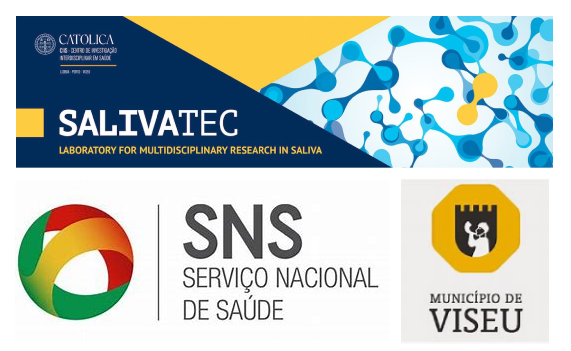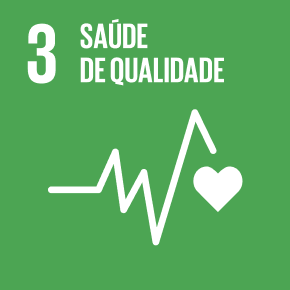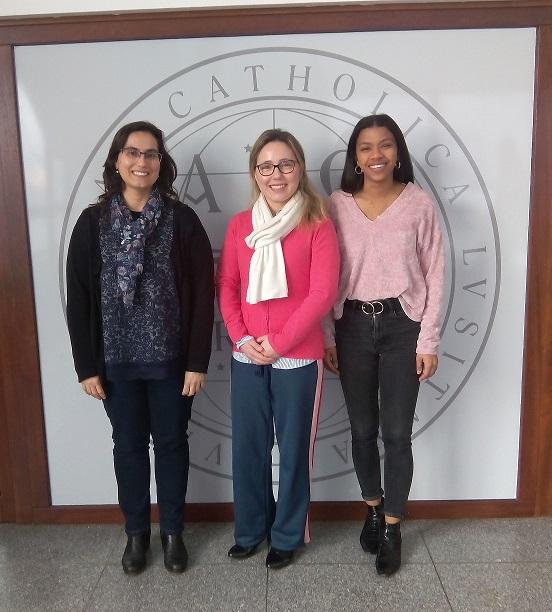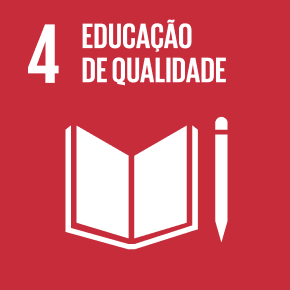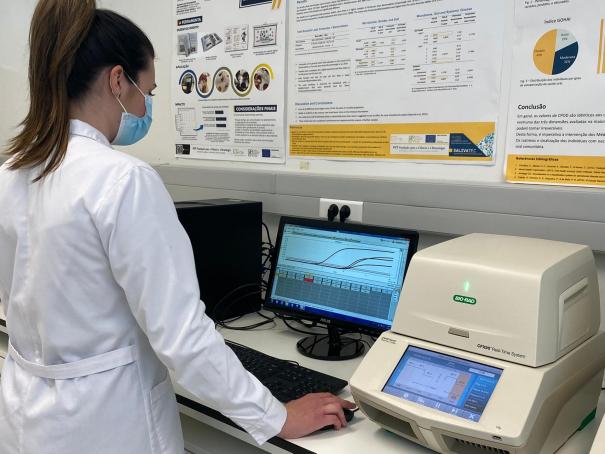Católica joins Portuguese Network of Diagnostic Laboratories for COVID-19
A laboratory of SalivaTec, a platform of CIIS (Centro de Investigação Interdisciplinar em Saúde), was certified by ERS and INSA to perform the molecular diagnosis of COVID-19, becoming part of the Portuguese Network of Laboratories for the Diagnosis of COVID-19.
The certification of the laboratory follows the development of the "CoVTec in Saliva" project - a project funded by the RESEARCH 4 COVID-19 programme of the Fundação para a Ciência e Tecnologia 2020 - whose main objective was to establish new protocols for the diagnosis of COVID-19, using saliva as a non-invasive diagnostic tool.
The infrastructure, now enabled, is based at the Faculdade de Medicina Dentária of Universidade Católica Portuguesa and constitutes a R&TD Platform to support the SNS (National Health System), in Viseu, for a faster response and a more efficient management of this pandemic.
Católica's certified laboratory is, in partnership with the municipality of Viseu, providing support to community screening in Viseu, namely to athletes on their return to sports activities. The use of saliva as a non-invasive approach was welcomed as an added value by all sports leaders.
Related news:


